Keywords: Clergy
There are more than 24 results, only the first 24 are displayed here.
Become a subscriber for more search results.
-
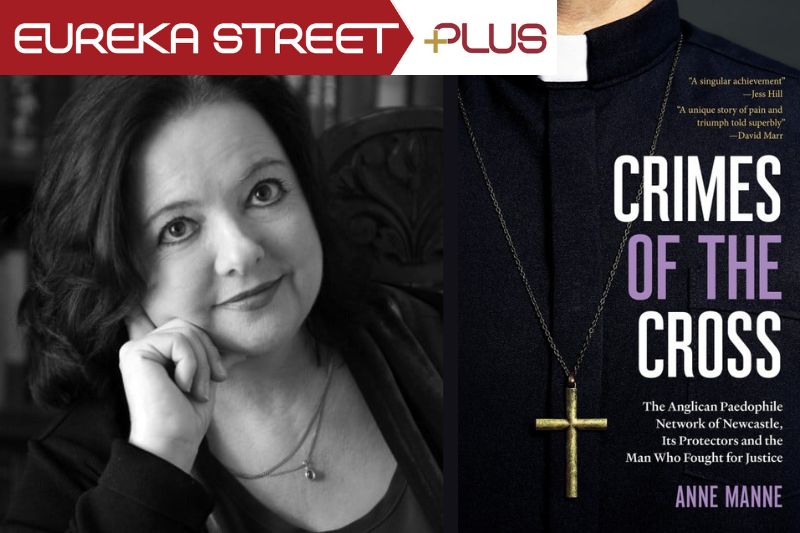
ARTS AND CULTURE
Recent years have made clerical child sexual abuse a badge of shame within Australia’s Catholic hierarchy, and rightly so. But Anne Manne’s new book, Sins of the fathers, will give pause to those who blame these offences on the rule of hieratic celibacy.
READ MORE 
-
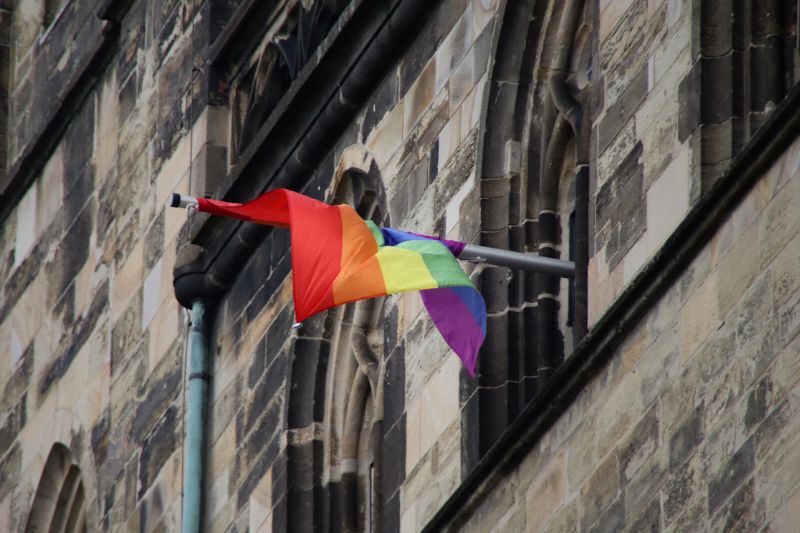
RELIGION
- John Warhurst
- 13 March 2024
7 Comments
The Vatican's decision to let priests bless couples in 'irregular relationships' has sparked diverse reactions within the Australian Church, revealing the complex interplay of faith and cultural diversity within Australia’s Church communities.
READ MORE
-
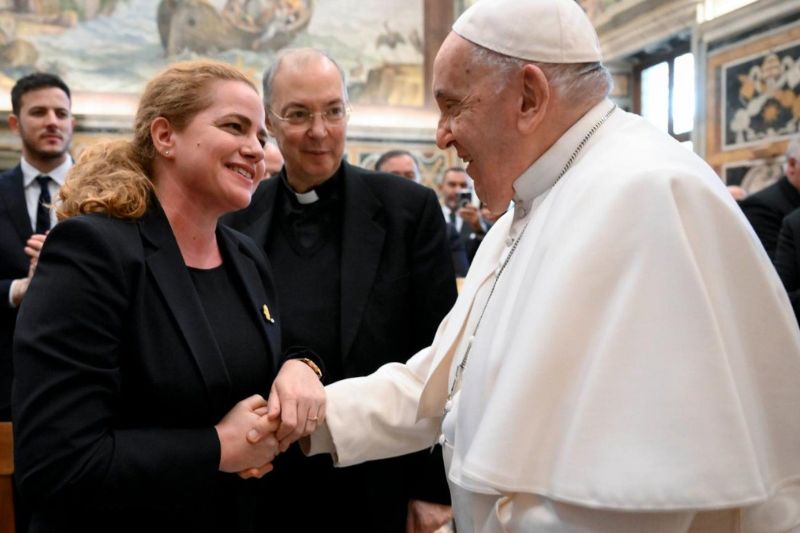
AUSTRALIA
- David Halliday, Michael McVeigh, Laura Kings, Michele Frankeni, Andrew Hamilton, Julian Butler
- 21 December 2023
10 Comments
To close the year for Eureka Street, the editorial team wanted to nominate who we considered to be the Eureka Street ‘person of the year’ based on this year's newsmakers.
READ MORE
-
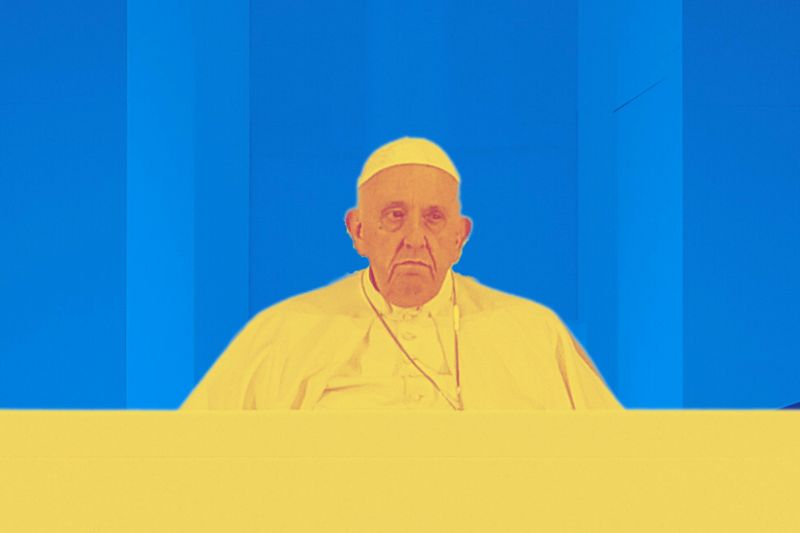
RELIGION
- Bruce Duncan
- 01 November 2023
3 Comments
Pope Francis' cautious remarks on the Ukraine war have stirred a complex blend of admiration, confusion, and criticism as he finds himself straddling the line between moral authority and geopolitical pragmatism. The challenge for Francis is how to uphold ethical standards while effectively engaging in the nuanced world of global diplomacy.
READ MORE
-
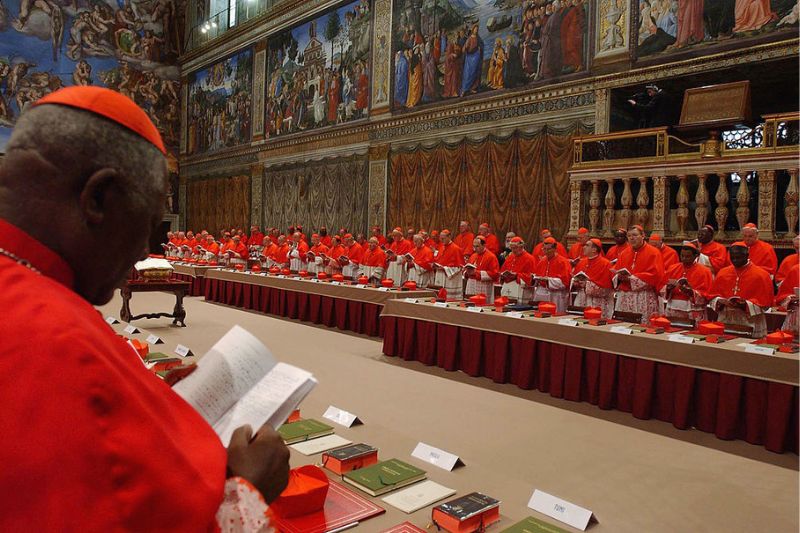
RELIGION
- Miles Pattenden
- 06 September 2023
4 Comments
In a recent interview, Professor of Church History and conclave expert Alberto Melloni passionately argued that the current conclave system, shrouded in secrecy and absent of clear criteria, might be outdated. With the Catholic Church facing unprecedented scrutiny, and in light of reforms initiated by Pope Francis, is it time for the Vatican to reconsider how its supreme pontiff is chosen?
READ MORE
-

AUSTRALIA
- Andrew Hamilton
- 29 June 2023
2 Comments
In the face of waning support for the Referendum on the Indigenous Voice to Parliament, Pope Francis' mission of reconciliation within the Catholic Church, particularly through the Synodal process, inspires a more united and locally-engaged approach.
READ MORE
-

RELIGION
- Jamie Calder
- 21 June 2023
5 Comments
The Royal Commission into Institutional Responses to Child Sexual Abuse made a recommendation for professional supervision within religious and pastoral environments. But can professional supervision repair broken trust, ensure accountability, and promote a more ethical approach to care in the face of past failings?
READ MORE
-
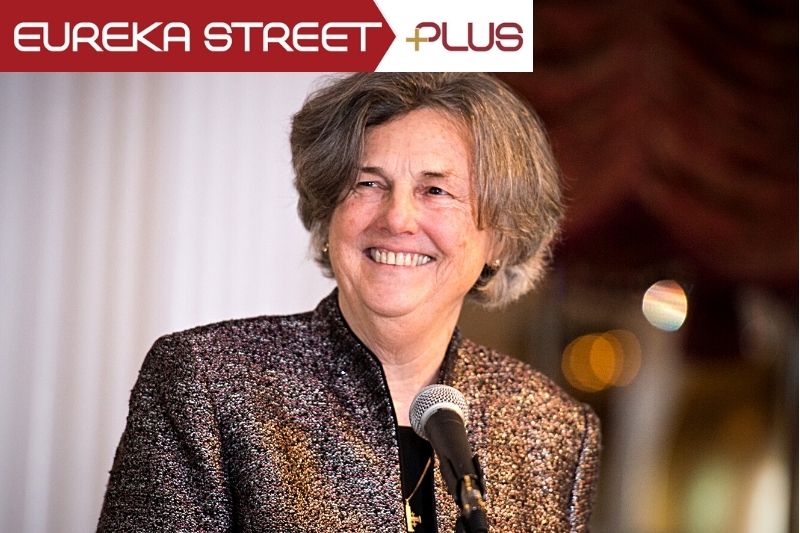
RELIGION
- Michele Frankeni
- 26 May 2023
3 Comments
In a discussion with Michele Frankeni, Catholic scholar Dr Phyllis Zagano explores the question of whether there is a need for increased recognition of women in the Catholic Church, particularly regarding their potential in the diaconate. She investigates both the historical evidence for ordained female deacons and the modern arguments for their re-introduction.
READ MORE 
-
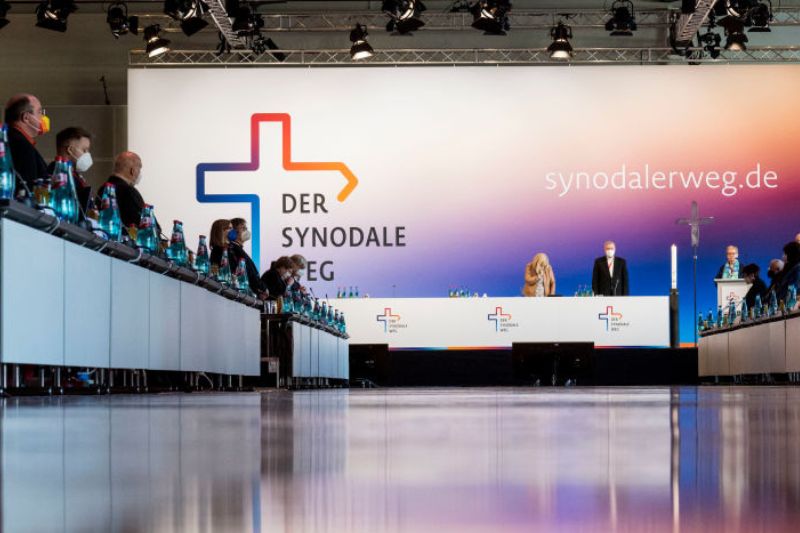
RELIGION
The Vatican's recent refusal of proposed reforms in preparation for the Synod reflects not only the ongoing tension between the Vatican Curia and the German Church but also a reminder of the forces that aim to keep a tight lid on real synodal reforms.
READ MORE
-
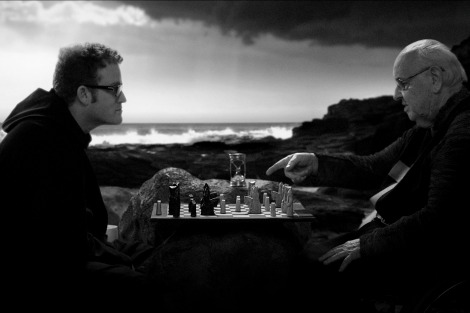
ARTS AND CULTURE
- Tim Kroenert
- 20 April 2023
2 Comments
For Father Bob, being a priest entails getting his hands dirty, giving everything of himself, and doing what he thinks is right, even if doing so upsets power structures; especially if it upsets power structures, if they have contributed to the plight of the downtrodden. (From 2013)
READ MORE
-
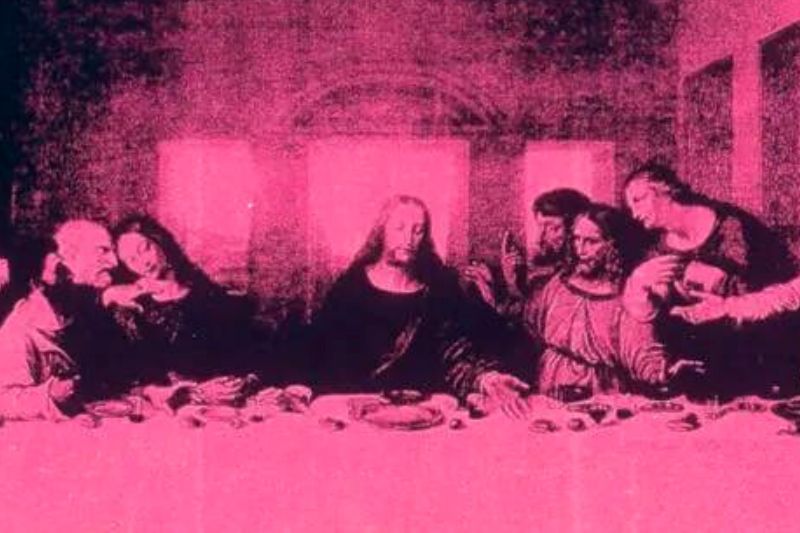
RELIGION
- Andrew Hamilton
- 17 April 2023
14 Comments
Greg Sheridan's Easter article in the Weekend Australian argues that a radical, supernatural version of Christian faith may be more persuasive than an accommodating one. However, Christians must show an attractive way of life, balancing high ideals with the reality of failure and forgiveness.
READ MORE
-
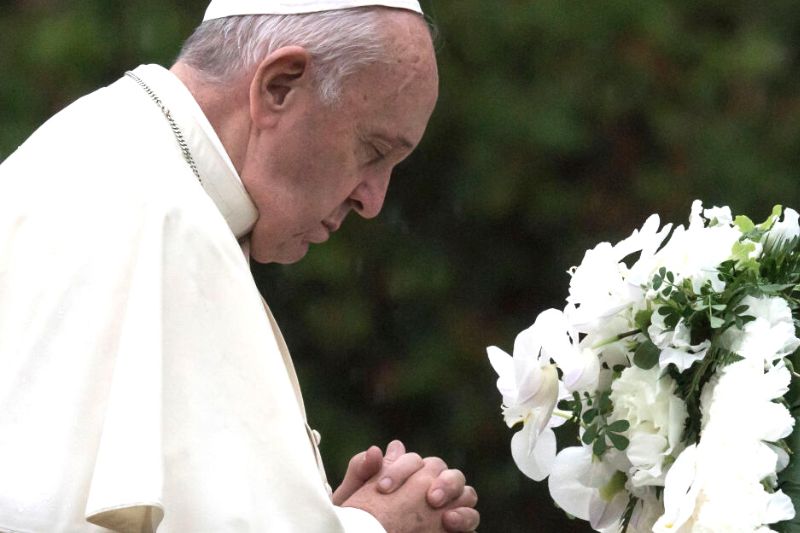
RELIGION
- Andrew Hamilton
- 23 March 2023
10 Comments
Pope Francis's ten-year papacy continues to surprise and puzzle observers measuring him by liberal and conservative polarities. But to understand his actions and words better, it's important to recognise that his framework is not derived from contemporary culture but from Christian faith.
READ MORE